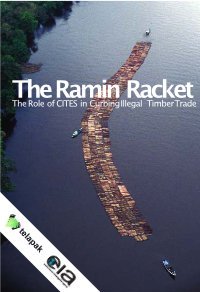By KPMG
This report of key findings (the 'Report') has been prepared by KPMG LLP. The Report was commissioned by Philip Morris Limited and Imperial Tobacco Australia Limited, described in this Important Notice and in this Report as together the 'beneficiaries', on the basis set out in a private contract agreed between the beneficiaries and KPMG LLP dated 29 November 2021 . This report has been prepared on the basis of fieldwork carried out between 01 December 2021 and 14 April 2022. The Report has not been updated for subsequent events or circumstances. Information sources, the scope of our work, and scope and source limitations are set out in the footnotes and methodology contained within this Report. The scope of our work, information sources used, and any scope and source limitations were fixed by agreement with the beneficiaries. We have satisfied ourselves, where possible, that the information presented in this Report is consistent with the information sources used, but we have not sought to establish the reliability of the information sources by reference to other evidence. We relied upon and assumed without independent verification, the accuracy and completeness of information available from public and third party sources. This Report is not written for the benefit any other party other than the beneficiaries. In preparing this Report we have not taken into account the interests, needs, or circumstances of any specific party, other than the beneficiaries. This Report is not suitable to be relied on by any party (other than· the beneficiaries), Any person or entity ( other than the beneficiaries) who chooses to rely on this Report (or any part of it) will do so at their own risk. To the fullest extent permitted by law, KPMG LLP does not assume any responsibility and will not accept any liability in respect of this Report other than to the beneficiaries. Without limiting the general statement above, although we have prepared this Report in agreement with the beneficiaries, this Report has not been prepared for the benefit of any other manufacturer of tobacco products nor for any other person or entity who might have ari interest in the matters discussed in this Report, including for example those who work in_ or monitor the tobacco or public health sectors or those who provide goods or services to those who operate in those sectors.
KPMG: 2022. 70p.







